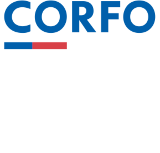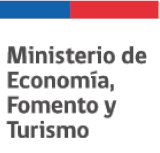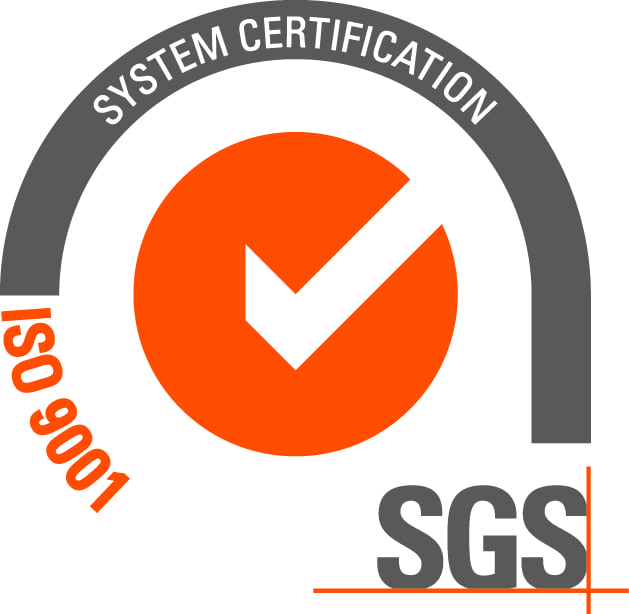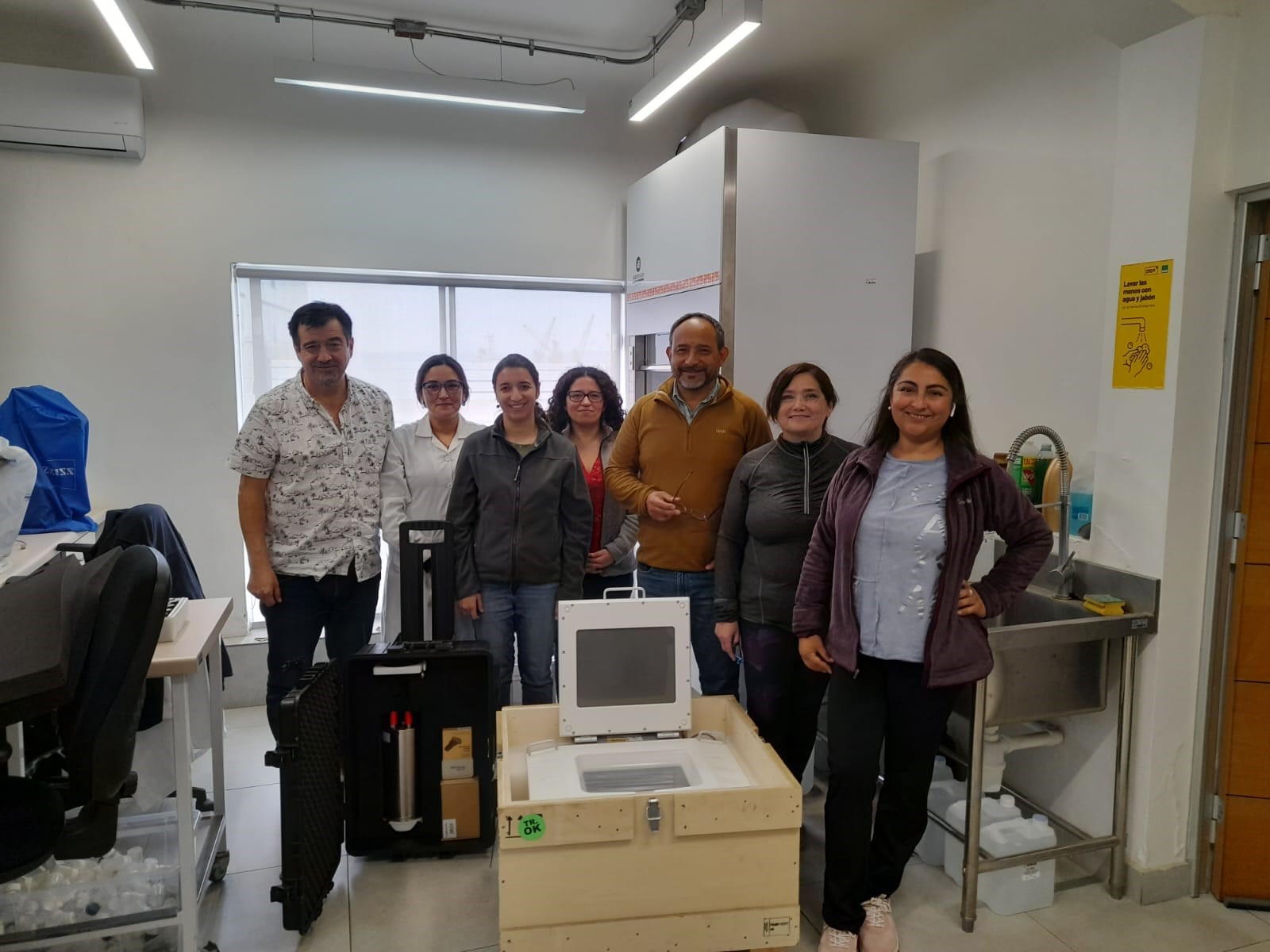
Researchers, technologists, and analysts from IFOP’s Department of Oceanography and Environment received state-of-the-art scientific equipment.
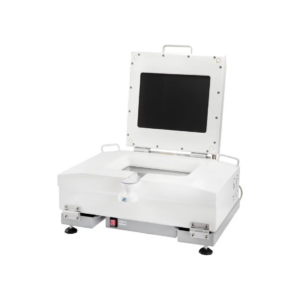 A ZooSCAN allows the digitization of historical zooplankton samples and gives new value to organisms collected more than 40 years ago, enabling new studies as well as the generation of climate indicators that represent changes in planktonic ecosystems along the Chilean coast over the last half-century. This equipment is incorporated into the Digital Library of Marine Plankton project, funded by CORFO.
A ZooSCAN allows the digitization of historical zooplankton samples and gives new value to organisms collected more than 40 years ago, enabling new studies as well as the generation of climate indicators that represent changes in planktonic ecosystems along the Chilean coast over the last half-century. This equipment is incorporated into the Digital Library of Marine Plankton project, funded by CORFO.
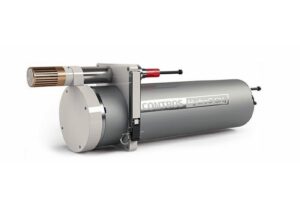 Furthermore, DOMA also incorporated a sensor for methane gas, one of the main greenhouse gases and a cause of major strandings off the coast of Africa. This gas appears to be contributing to mass strandings between the Gulf of Arauco and the Chacao Channel, affecting the natural mortality rate of important fisheries resources such as anchovy and common sardine.
Furthermore, DOMA also incorporated a sensor for methane gas, one of the main greenhouse gases and a cause of major strandings off the coast of Africa. This gas appears to be contributing to mass strandings between the Gulf of Arauco and the Chacao Channel, affecting the natural mortality rate of important fisheries resources such as anchovy and common sardine.
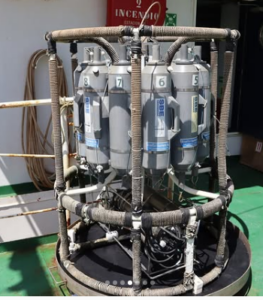 The compatibility with CTD equipment and the rosette of the Abate Molina and Dra. Barbieri vessels allows for ductile mobility suitable for deep measurements along the entire Chilean coast and therefore for the presence of this gas in the water column due to climate change.
The compatibility with CTD equipment and the rosette of the Abate Molina and Dra. Barbieri vessels allows for ductile mobility suitable for deep measurements along the entire Chilean coast and therefore for the presence of this gas in the water column due to climate change.
The acquisition of this equipment was made possible thanks to funding for the Strengthening of the Climate Change Monitoring System for Fisheries Resilience (S.A.P.O) (https://sapo.ifop.cl/), financed by the performance agreement for Sustainable Productive Development of CORFO, focused on the sustainable development of fisheries within a context of climate change.


